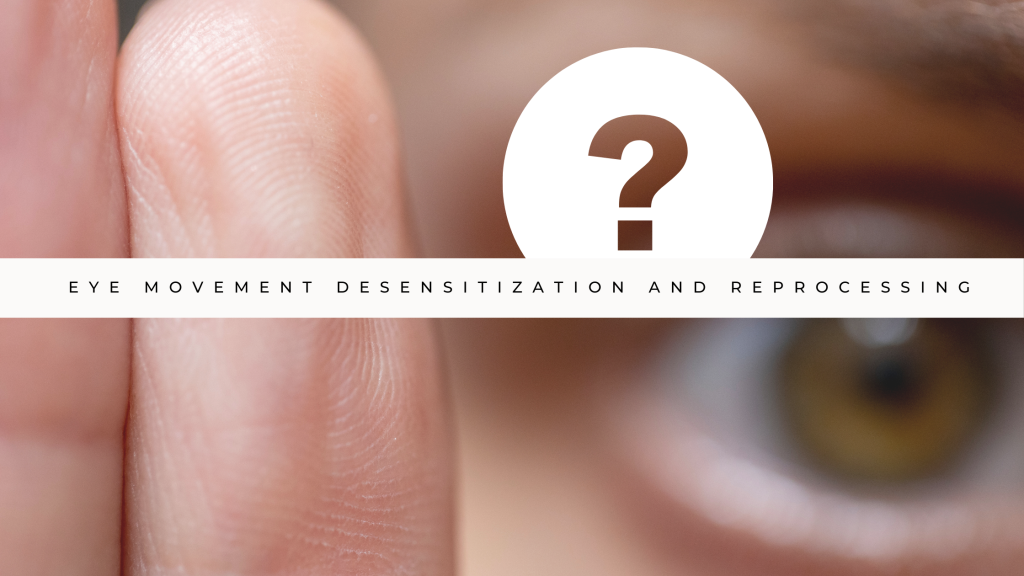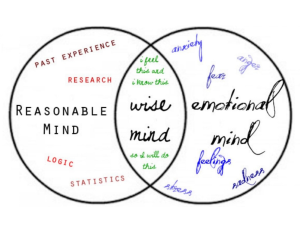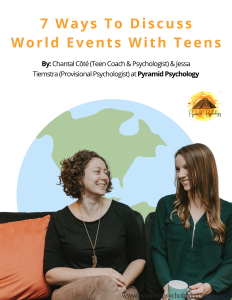Anxiety and Tests, How to Cope?

Well, it looks like it is that time of year again! End of a school year. And you know what that means, right? Tests! Lots of tests. The unfortunate reality of tests is the dreaded test anxiety that can sometimes go with it. But its ok, we know how to help you cope!
Most often test anxiety is produced by the apprehension and pressure to do well on an evaluation. Test anxiety can show up in both physical (fight or flight) and mental (worry about information recall). However, some anxiety is normal and can help one in a test while for others it can be debilitating. So, what can we do as parents to help support that test anxiety?
Well, step one: talk about the test with your teen, what is causing worry? Perhaps it’s the material, maybe it’s the setting? Has your student studied the material; do they understand it? Talk about the worry, talking about it can help it become much smaller. Here are some other tips parents can use to help their teen with test anxiety and help them crush their goals.
Visualize the test day, what does your student need to have to be prepared, have them imagine walking into the test and feeling positive and prepared to write it. Talk about the test with them and go through how they want the test to be, and how they want the outcome result to be.
Talk about rational expectations. If your teen has not been present in class or is missing key components, they might not be able to get the grades they wish for. And that is ok, try to work through any catastrophizing thoughts they may have, and discuss the reality of the situation.
Mindfulness is a good strategy for how to cope with stress during tests. Talk about being in the present moment with your teen, especially when they begin to feel overly anxious. Focus on one task at a time. Stay in the moment and with each thought that appears don’t judge it, just recognize that it is just a thought and let it go.

Practice replacing negative self-talk with more rational thoughts. Take a moment to acknowledge how far you have come and give yourself praise.
Name your test anxiety, naming it creates the idea that it exists outside of yourself, putting distance to the uncomfortable thought.
Self-care, acknowledge that this time will pass. Plan something to look forward to do after the test.

Celebrate those small achievements, congratulate them on trying. Celebrate that they did something that was hard and uncomfortable.
As parents we really want to focus on the basics here as well, good sleep hygiene, a healthy diet, and the inclusion of some moderate to light exercise to keep healthy. Look at other stressors in your teens life and look to reduce anything for a bit to help take some of the pressure off.
I hope that some of these ideas, and skills can help you parents work with your teens through some of these big academic challenges so that they can cope with stress and anxiety during tests. I know June can be a busy time for parents, and kids alike. If you would like any further support, please contact us here at Pyramid Psychology and we would be happy to help.
Guided meditation for test anxiety
https://youtu.be/AtF0T2fPvbI
>>> FREE DOWNLOAD: Depression & Anxiety Toolkit for Parents Raising Teen Girls <<<
10 tools you can immediately use to improve your female identifying teens’ mental health & build resistance against depression & anxiety:
This topic came up from one of our parents, who suggested that kids are being ‘bubble wrapped’ these days. I started to think about what this really means and how this could be the perception from some adults. I wanted to address what this could possibly means and look like. As a parent and someone who works with youth, I think that the mentality of them being bubble wrapped may be coming from a place of diverse experiences from ourselves as parents and what our kids are experiencing. I know when I look at my childhood experiences and life compared to what my kids have and their experiences, there is a big disparity. The world has changed and is continuing to do so at a rapid rate. Some differences I have noticed, well social media and access to knowledge is huge. There is a period of possible trauma during covid…
A lot of homes have dual income parents leaving a lot of kiddos with time to themselves. Parents wanting to keep up with what their kids want and what expectations are perceived through society.
So, what do we do as parents, how to we help our kiddos to see the world and experience life without wearing rose colored glasses.
I think that as parents having our kids involved in finances is a big life learning
experience. Let them know what some of the bills are, and rent.
Let them fail, as humans we learn through practice and trying things that ultimately
don’t work all the time, celebrate the fact for trying and normalize failures.

Encourage new experiences, friends.
Give them more responsibilities, what can they do to help themselves and the family
out. Can they make dinner for a night, are they maintaining certain areas of the house?
Raising teens is not easy, and the world can be a tough hard place for even the strongest of individuals. Learning about ourselves is a constant process. By taking some time for yourself as a parent and stepping back at how you communicate with your teen can be a useful way to look at how you’re connecting with your teen. I know sometimes I hear my parents when I am parenting, and I need to ask if this is what I am in line with or if this a learned way of thinking?
I hope that this can help some parents gain some insight and perspective into helping your teens learn to navigate the world. There is a lot out there to offer and I know your teens have so much to offer the world. Let’s help them get out there and live more experiences!
Tara Aldie
















 Creating space for your teen to sort through what they’re taking in and how they are feeling about it can help them make meaning and express what’s going on for them. This can be done during family time, while going out for a drive, or by creating opportunities to check-in with them individually.
Creating space for your teen to sort through what they’re taking in and how they are feeling about it can help them make meaning and express what’s going on for them. This can be done during family time, while going out for a drive, or by creating opportunities to check-in with them individually.







